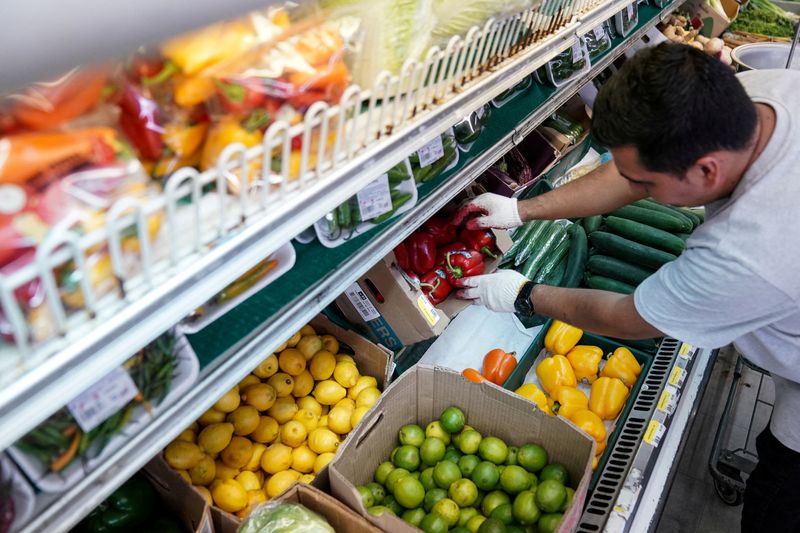The forecast for GDP growth in the US has been revised up
2022.11.30 09:31
[ad_1]

The forecast for GDP growth in the US has been revised up
Budrigannews.com – The government confirmed on Wednesday that the third quarter saw a stronger recovery for the U.S. economy than initially anticipated; however, higher interest rates as the Federal Reserve fights inflation have raised the likelihood of a recession next year.
In its second estimate of GDP for the third quarter, the government stated that gross domestic product increased at an annualized rate of 2.9%.
That was revised up from the previous month’s rate of 2.6%.In the second quarter, the economy had shrunk by 0.6%.
According to Reuters’ poll of economists, GDP growth would rise to 2.7%.
The increase in the estimate was due to improvements in consumer and business spending growth as well as fewer imports, which offset the negative impact of a slower rate of inventory accumulation.
The economy expanded at a rate of 0.3 percent when measured in terms of income. In the second quarter, GDP (gross domestic product) had decreased at a rate of 0.8 percent. GDP and GDI should be equal in theory, but they diverge in practice because they are estimated using different source data that are largely independent.
After decreasing at a rate of 0.7 percent in the second quarter, the average of GDP and GDI, which is also referred to as gross domestic output and is thought to be a better indicator of economic activity, increased at a rate of 1.6 percent between July and September.
After increasing by $131.6 billion in the second quarter, profits from current production decreased by $31.6 billion in the third quarter.
The economy is at risk of entering a recession as early as the first half of next year due to the Fed’s current rate-hiking cycle, which has become the fastest since the 1980s. However, economists predict that any downturn will be brief and mild due to unprecedented strength in the labor market.
Residential investment has decreased for six consecutive quarters, the longest such stretch since the housing market collapse in 2006.
The decline in business and consumer confidence could have an impact on spending and job growth.
[ad_2]








